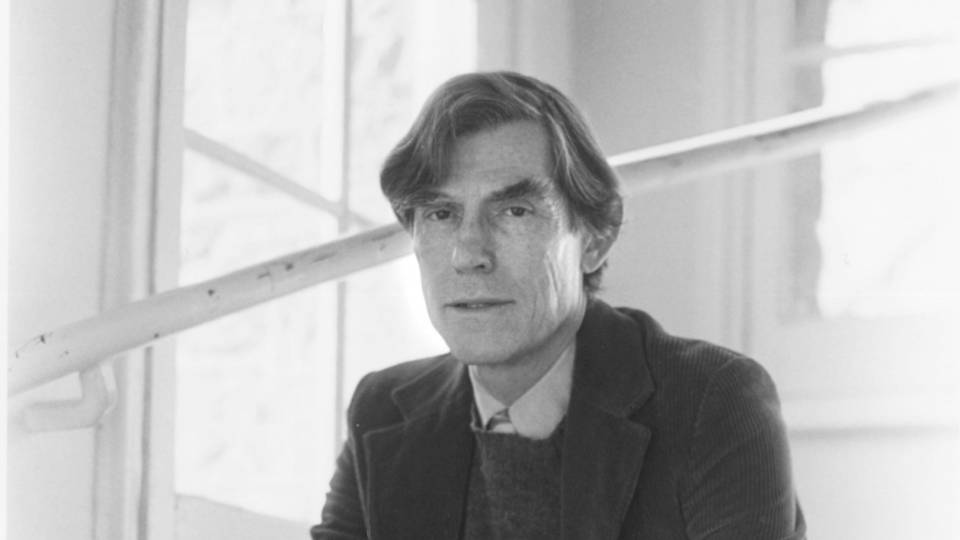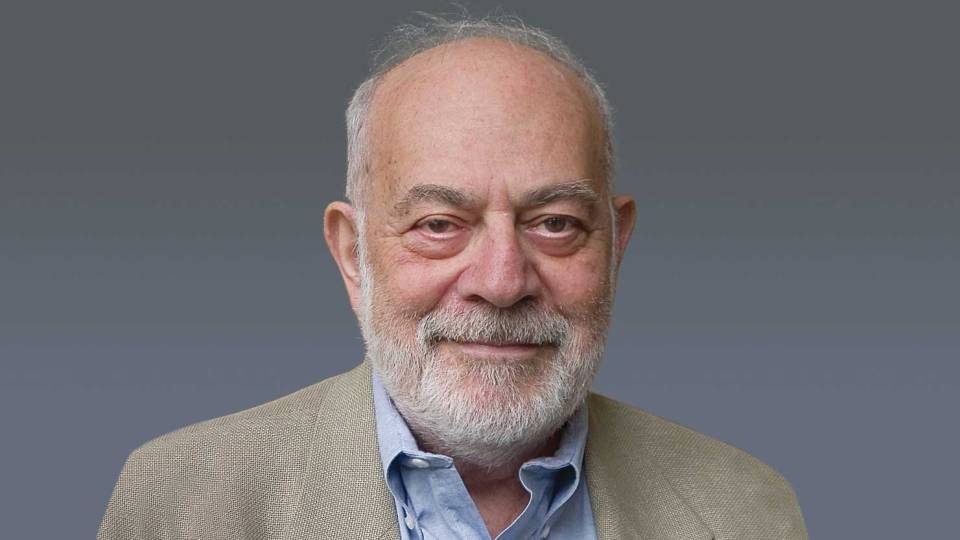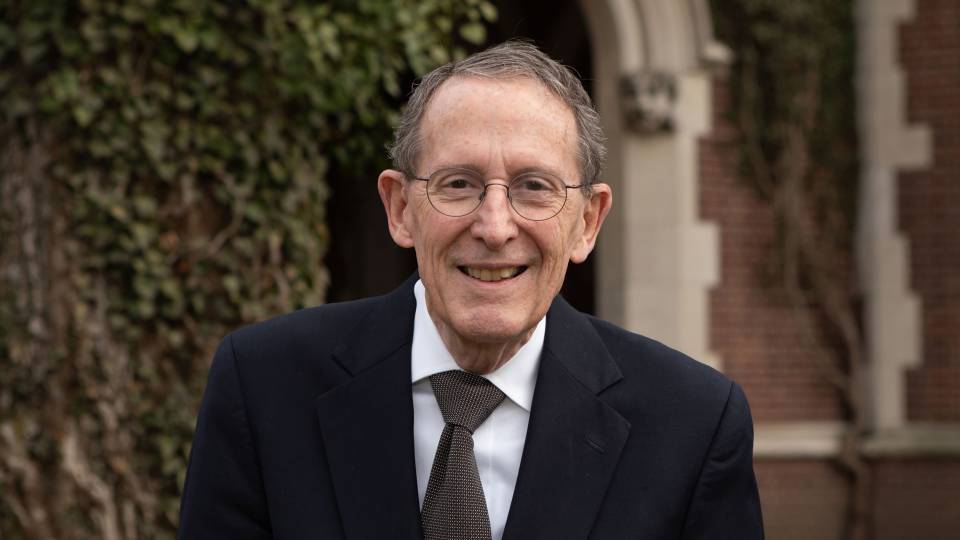David Lewis, the Class of 1943 University Professor of Philosophy who was a leading figure in his field, died suddenly on Sunday from complications due to diabetes. He was 60.
Lewis came to Princeton as an associate professor in 1970. Born in Oberlin, Ohio, Lewis received his bachelor's degree in philosophy from Swarthmore College in 1962 and his Ph.D. from Harvard University in 1967. He taught at the University of California-Los Angeles for four years before coming to Princeton.
"He is widely regarded as one of the outstanding philosophers of his time," said Mark Johnston, chairman of Princeton's philosophy department. "For more than 30 years, David has made seminal contributions in philosophy of mind, philosophy of language, metaphysics and epistemology. He is the greatest systematic metaphysician since Gottfried Leibniz," who lived in the 17th century.
Johnston, who worked with Lewis as a graduate student at Princeton, described him as "sweet and stern," but said "the gentle part came out more often. He was always unfailingly generous with his time and with positive philosophical suggestions, and ruthless with his criticism."
He was a mentor to scores of students, many of whom have gone on to be significant figures in the field, Johnston said. "David inspired students to approach systematic philosophy with a new seriousness," he said.
Lewis' work was notable for its breadth, ranging over almost every area of philosophy. "Whether it was logic, philosophy of science, metaphysics, ethics, epistemology, political philosophy, he did it all," said Paul Benacerraf, the James McDonnell Distinguished University Professor of Philosophy. "The breadth of what he covered was astounding, and the originality of his ideas and the care with which he presented them were equally astonishing."
Benacerraf said Lewis' writing stood out to his colleagues because of its exceptional style and cadence. "He was a wonderful stylist," he said.
Lewis was also known for his fascination with trains and his love for Australia.
"He was a railroad buff; he had elaborate model trains," Benacerraf said. When Lewis spent time in England, he would often hop on a train in the morning and spend the entire day riding various train lines, reading and writing during the rides.
Lewis frequently traveled to Australia, a country he and his wife fell in love with for its informality and beauty. They spent many summers there, and Lewis was named an honorary fellow of the Australian Academy of the Humanities in 1994.
Lewis wrote widely on various topics in philosophy. His first book, "Convention: A Philosophical Study," published in 1969 when he was 28, brought him the Matchette Prize in Philosophy, a national award for the best book by a scholar in philosophy under 40 years of age. He also wrote "Counterfactuals" (1973) and "On the Plurality of Worlds" (1986). The latter argued powerfully for the startling thesis that the actual world is just one among an infinity of worlds, each equally real. In the last few years, Cambridge University Press published three collections of his writings.
Lewis received honorary degrees from the University of Cambridge, the University of York and the University of Melbourne. In 1991 he won a Behrman Award from Princeton for distinguished achievement in the humanities.
He is survived by his wife, Stephanie; a brother, Donald; and a sister, Ellen.
A memorial reception will be held in Prospect House on Thursday, Oct. 18 at 4:30 p.m., hosted by the philosophy department. A formal memorial service will be held in January.
In lieu of flowers, contributions in his name may be sent to the American Civil Liberties Union, 125 Broad St., 18th Floor, New York, NY 10004-2400.
Contact: Marilyn Marks (609) 258-3601






